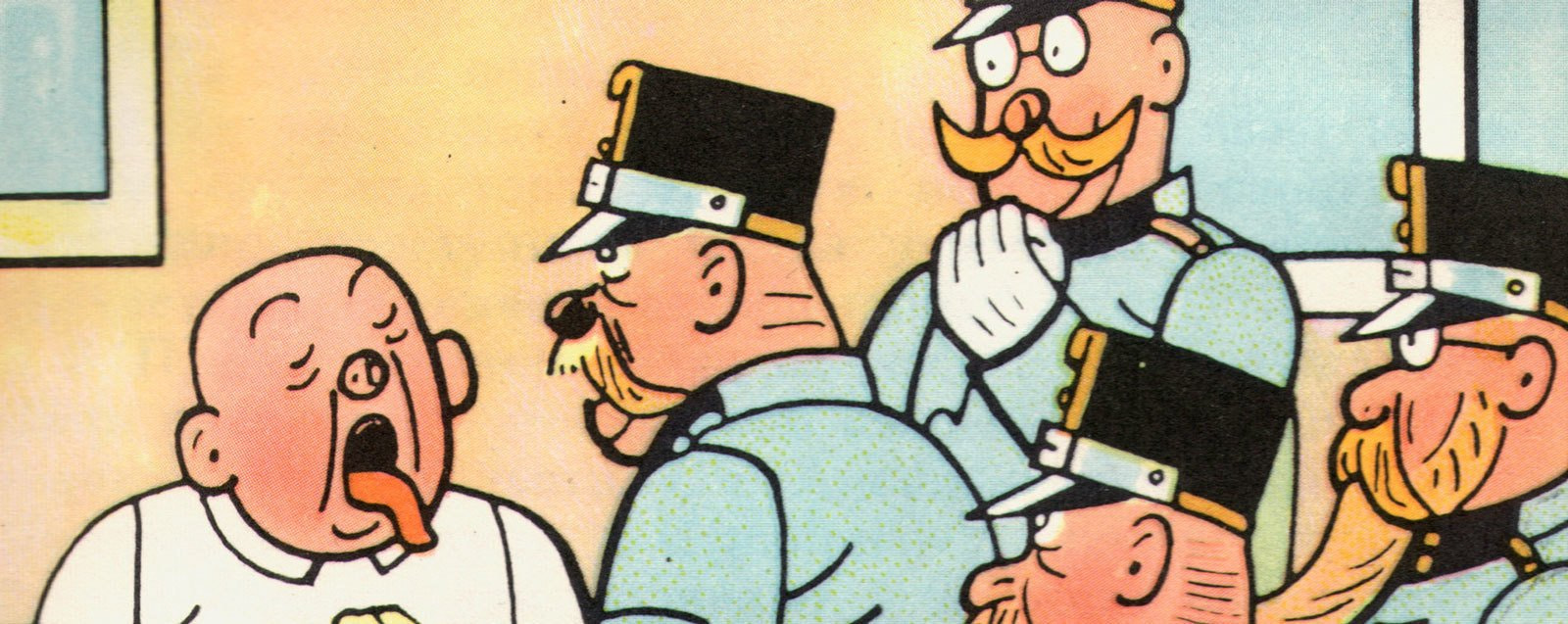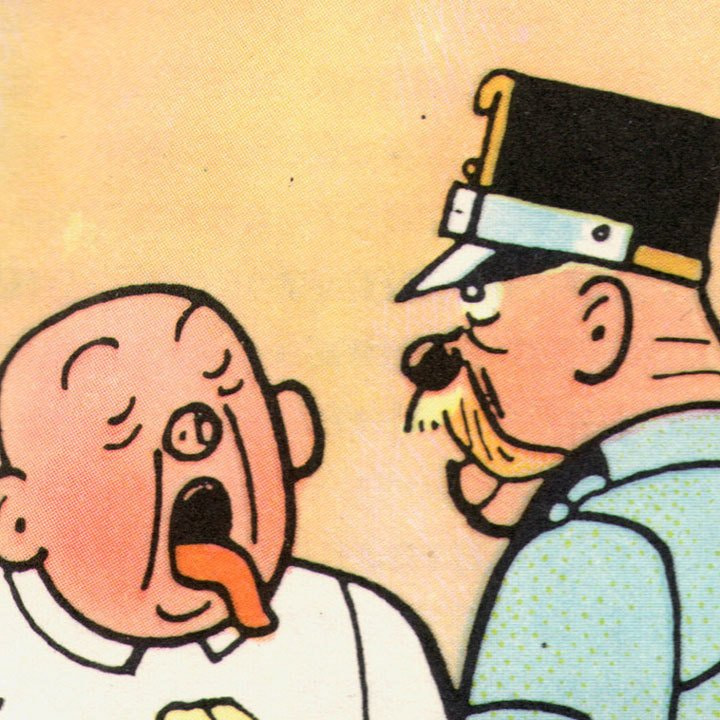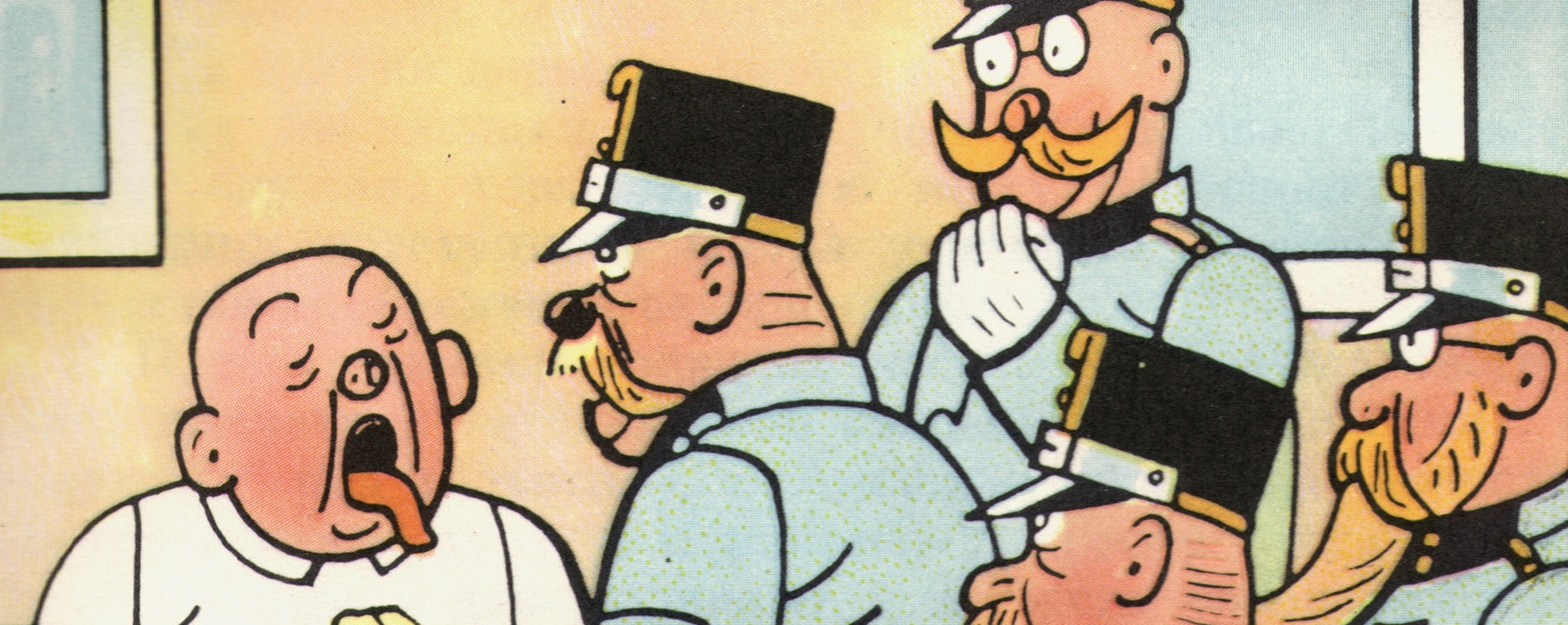The lecture is devoted to the study of Jaroslaw Hašek’s novel through the prism of the notion of schizoanalysis.
Deleuze and Guattari’s concept of schizoanalysis is a critique of a family and social organization that colonizes its members through neurotization and suppression of their desires. In place of the paranoid psychoanalytical form of the unconscious they offered a free schizophrenic model which could oppose itself to the rigid hierarchy of social structures. Long before these ideas were articulated in philosophy however, Jaroslaw Hašek wrote a novel about the good soldier Švejk who looks and behaves like an idiot, but it is impossible to guess whether he really is. Švejk adjusts so easily to the world of silliness and idiocy of the agonizing Austro-Hungarian part in World War I not because he is a conformist by nature—but rather because surviving in such a world is only possible by accepting the role of a psychiatric clinic patient.
“The undersigned medical experts certify the complete mental feebleness and congenial idiocy of Josef Švejk, who appeared before the aforementioned commission and expressed himself in terms such as: ‘Long live our Emperor Franz Josef I”, which utterance is sufficient to illuminate the state of mind of Josef Švejk as that of a patent imbecile.
The undersigned commission accordingly recommends:
- That the investigation of Josef Švejk be quashed.
- That Josef Švejk is sent to a psychiatric clinic for observation to establish how far his mental state is danger to his surroundings.”
(Jaroslaw Hašek, The Good Soldier Švejk, 1921–22)


